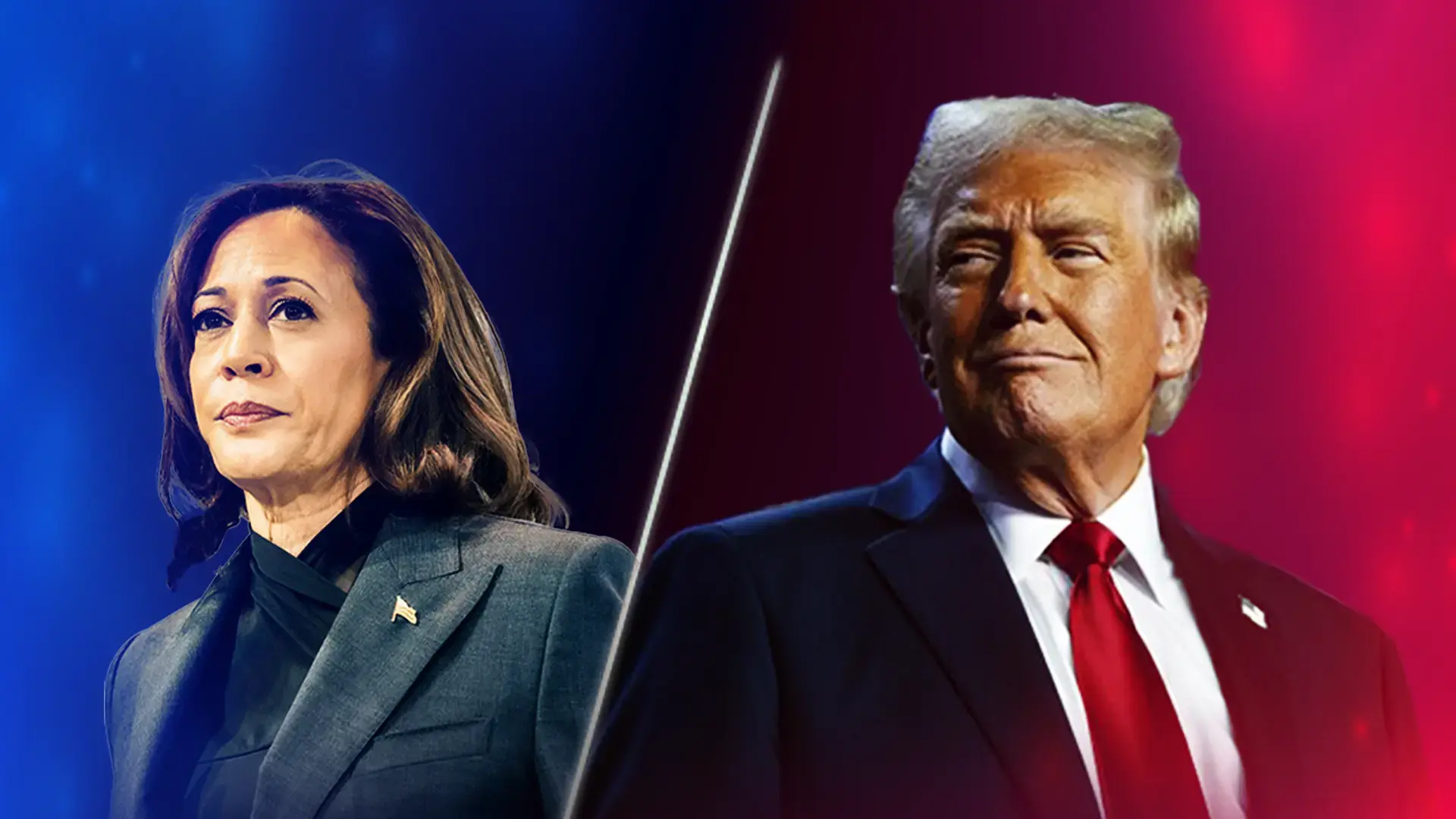The 2024 U.S. presidential election was a highly anticipated and fiercely contested affair, with the outcome having far-reaching implications globally. As the nation grappled with a range of pressing issues, from the economy and healthcare to climate change and social justice, the political landscape was marked by a clash of ideologies and the continued influence of money and celebrity in the electoral process. Here are 10 fascinating facts about the 2024 US elections:
- Historic Comeback: Former President Donald Trump became the second U.S. president, after Grover Cleveland, to serve non-consecutive terms since 1897. His comeback bid was fueled by a loyal base and a message of “America First” policies.
- Divided Electorate: The 2024 U.S. election polls painted a picture of a deeply divided electorate, with the race for the White House too close to call. The Republican ticket of Trump and Ohio Senator JD Vance campaigned on a platform of limited government and a hardline stance on immigration, while the Democratic duo of Vice President Kamala Harris and Minnesota Governor Tim Walz put forward a progressive agenda.
- Record Voter Turnout: The 2024 election saw unprecedented voter participation, with over 160 million Americans casting their ballots. This high level of engagement underscored the profound political polarization and the high stakes involved in the outcome.
- Battleground States: As in previous elections, the 2024 U.S. election results hinged on the performance of the candidates in the key battleground states, such as Arizona, Georgia, Michigan, Nevada, North Carolina, Pennsylvania, and Wisconsin. On US election day, these states, with a combined 88 electoral votes, proved crucial in determining the overall outcome.
- Popular Vote vs. Electoral College: The 2024 election once again highlighted the discrepancy between the popular vote and the Electoral College system. While Harris and Walz secured a narrow majority in the Electoral College, Trump received the most votes nationally, with 74 million votes (50.8%) compared to Harris’ 67 million votes (47.5%). Trump becomes the first Republican candidate to win the popular vote in 20 years.
- Youth Voter Engagement: One of the notable trends in the 2024 election was the increased voter turnout among individuals aged 18-29, which saw an 8% increase compared to the 2020 election. This younger generation of voters played a significant role in shaping the outcome.
- Celebrity Endorsements: High-profile figures, including musicians and actors, actively endorsed various candidates, underscoring the increasingly blurred lines between popular culture and the political sphere.
- Campaign Expenditures: The combined spending by both campaigns exceeded $5 billion, making the 2024 election one of the most expensive in U.S. history. This further highlighted the outsized influence of wealthy donors and special interests in the electoral process.
- Early Voting: Over 100 million votes were cast before Election Day through early and mail-in voting, accounting for more than 60% of the total votes. This trend, driven in part by the ongoing COVID-19 pandemic, reflected the evolving nature of the electoral process.
- Midnight Voting Tradition: Dixville Notch, a small New Hampshire town, continued its tradition of being the first to vote at midnight on US Election Day, showcasing the enduring commitment to the democratic process.
These 10 fascinating facts from the 2024 U.S. elections provide a glimpse into the complex and dynamic landscape of American politics. As the nation moves forward, the key challenge will be to find ways to bridge the deep partisan divides and address the pressing issues facing the country.
The success or failure of the incoming administration in navigating these challenges will have far-reaching implications for the future of American democracy. The 2024 election has once again demonstrated the resilience and adaptability of the U.S. electoral system, as well as the enduring passions and loyalties that shape the political landscape.
As the nation looks ahead, the 2024 U.S. elections will undoubtedly be remembered as a pivotal moment in the country’s history, one that will continue to shape the course of the nation for years to come. The path forward will require a renewed commitment to bipartisanship, civic engagement and preservation of democratic norms.

